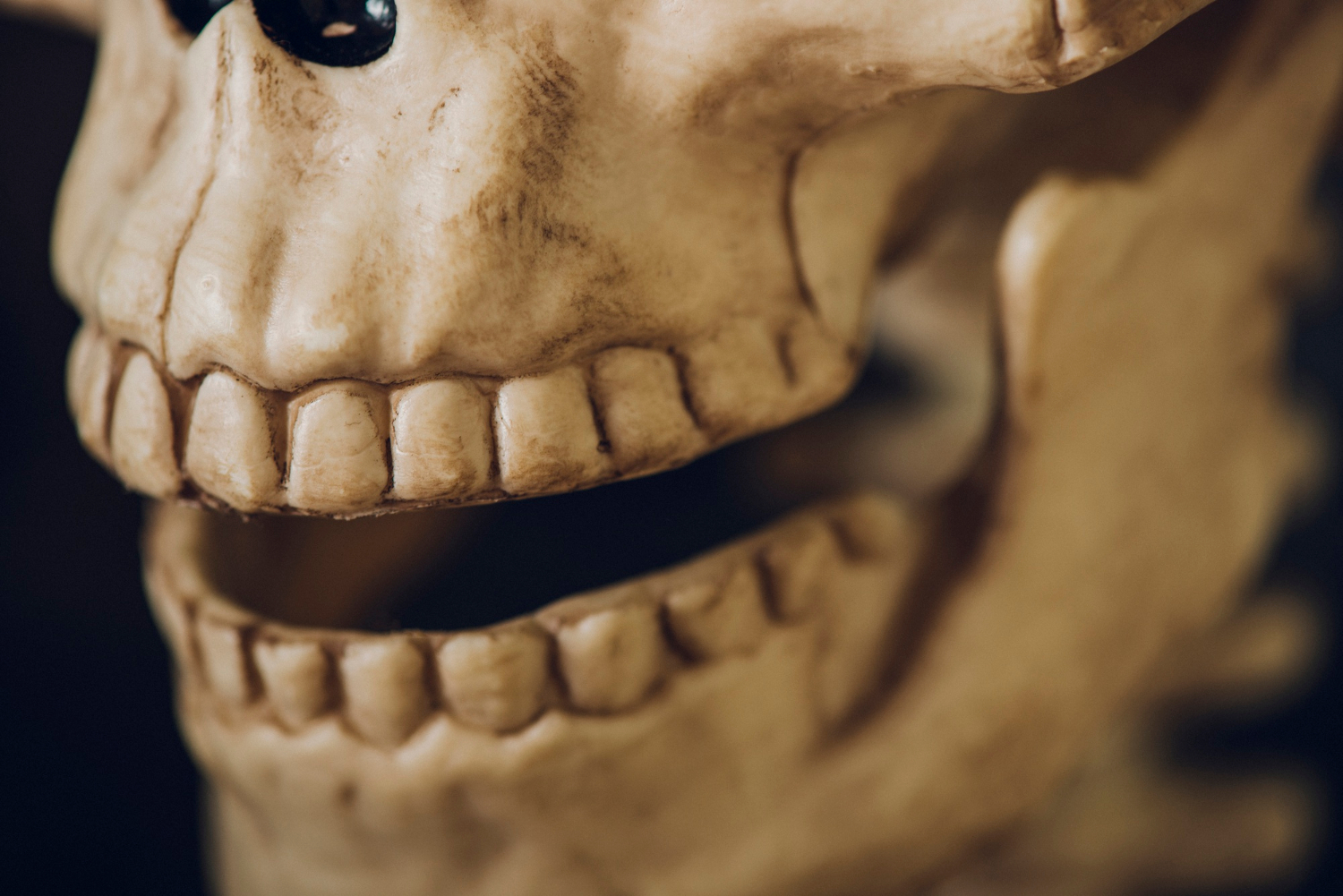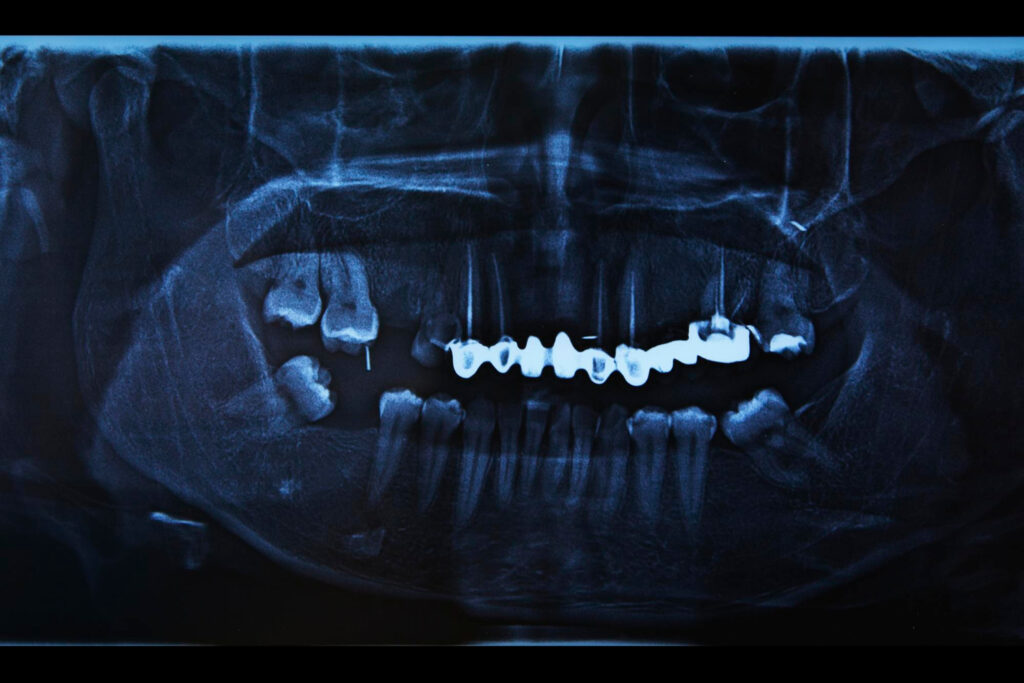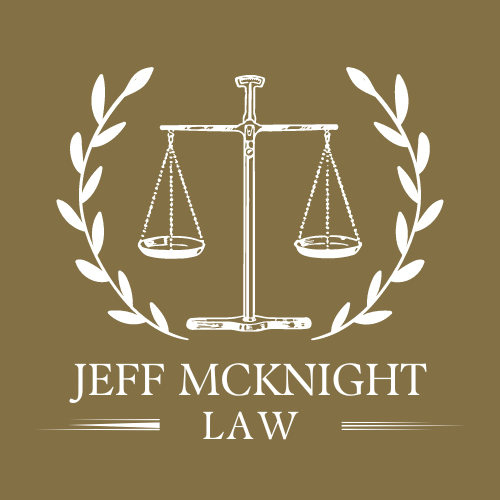
Ever wonder what really happens if you get hit in the jaw? At JeffMcKnightLaw, we often hear about these unfortunate incidents, especially in heated divorce disputes. I’m here to break down the surprising effects a jaw injury can have on your life and the potential legal implications. Learn why it’s crucial to understand your rights and how we can help protect them.
According to the Cleveland Clinic, getting hit in the jaw can cause pain, swelling, and difficulty chewing or talking. It may also lead to a broken jaw or dislocation. Severe cases might require medical treatment.
Symptoms of a Jaw Injury
A jaw injury can manifest through various symptoms such as intense pain, noticeable swelling, restricted mouth movements, audible clicking or popping sounds, stiffness, facial numbness or tingling, misaligned teeth, difficulty chewing or biting, and even facial bruising.
To be brief, a serious jaw injury can cause bleeding, make the jaw slip out of place, or prevent you from moving it at all. These injuries might happen from accidents, falling, grinding your teeth, some dental treatments, or health conditions like arthritis. If you notice any of these signs, see a doctor right away, as ignoring it can make things worse.
At the simplest level, to figure out how bad the injury is, doctors might use X-rays or CT scans. Treatment could involve rest, ice, painkillers, physical therapy, dental work, or even surgery in very bad cases. Getting medical help quickly and following the treatment plan can reduce symptoms and help the jaw heal.
Immediate Steps After Getting Hit
Immediately after getting hit, assessing your surroundings and personal safety can significantly reduce the risk of further injury.
Generally speaking, check yourself to see if you’re hurt and get medical help if needed. Stay calm and try to keep your emotions in check.
If there are people who saw what happened, get their contact details for later. Note down everything about the situation—the time, place, and anyone else involved. Call the police or emergency services to report what happened.
If the person who hit you is still there, swap information like insurance and contact details with them. As a rule, don’t argue or fight with them, as it can make things worse.
Take pictures of any damage to your car or property. If you’re hurt, get medical help right away and follow up with a doctor if you need to.
Once you’ve handled the immediate stuff, think about getting legal advice if you think you should get compensation or need help dealing with the aftermath. Keep copies of all the paperwork related to what happened for your records.
Common Types of Jaw Fractures
Jaw fractures are categorized into different types based on which part of the jaw, such as the mandible or maxilla, is affected.
A common type of jaw break is a mandibular fracture, which happens in the lower jaw. This can be caused by an accident, like a car crash or a fall. Another type is a maxillary fracture, which affects the upper jaw. This can also be caused by an injury.
There are also specific kinds of jaw fractures that impact different parts of the jaw. For example, a condylar fracture happens at the jaw joint, while a symphysis fracture occurs in the middle of the jaw near the chin. Other types include angle fractures, body fractures, and dentoalveolar fractures, each hitting different spots of the jaw bone.
If you think you have a broken jaw, it’s important to see a doctor. Jaw fractures can lead to pain, swelling, trouble chewing, and changes in how your teeth line up. Treatment might include keeping the jaw still to let it heal, surgery to fix the bones, or wiring the jaw shut to ensure it heals correctly. Sometimes, a dentist or oral surgeon might need to use plates, screws, or wires to hold the jaw bone in place during healing. After treatment, you might need to do exercises and eat soft foods to help your jaw get better and move normally again.
When to See a Doctor
Severe or prolonged symptoms impacting daily life warrant a doctor’s visit.
If you have ongoing pain, unusual changes in your body, or symptoms that aren’t getting better with home care, you should see a doctor. Also, if a chronic condition is getting worse or you’re worried about your health, it’s important to get medical help.
Pay attention to your body and any warning signs that might mean something more serious. Seeing a doctor early can help you get the right diagnosis and treatment. It’s always better to be safe and ask for professional medical advice when you’re unsure or worried about your health. A doctor can guide you and help take care of your health.

Treatment Options for Jaw Injuries
Treatment options for jaw injuries can range from simple home remedies to complex surgical interventions depending on the severity.
For minor injuries, resting, applying ice, using compression, and keeping the injured area elevated can help reduce swelling and pain. Over-the-counter pain relievers can also ease discomfort.
For more serious injuries like fractures or dislocations, a doctor may suggest using a splint or brace to stabilize the jaw so it can heal properly. Sometimes, surgery is needed to fix the bones and restore normal function.
Physical therapy can help strengthen the jaw muscles and improve movement. If someone has trouble speaking or eating because of their injury, speech therapy or counseling might be useful. To simplify, some doctors might recommend alternative treatments like acupuncture or chiropractic care to help manage pain and promote healing. It’s important to follow all medical advice and attend follow-up appointments for the best recovery.
The main goal when treating jaw injuries is to reduce pain and swelling, restore normal function, and avoid long-term issues. By working closely with a doctor and following their advice, individuals can recover from their jaw injury and regain their quality of life.
Summing it All Up
Getting hit in the jaw can result in a range of injuries, from minor bruising to more severe fractures.
What JeffMcKnightLaw is showing the advantages of is, immediate symptoms may include pain, swelling, difficulty speaking or eating, and even potential issues with breathing. It is important to seek medical attention if you experience any of these symptoms to prevent further complications and ensure proper treatment.
References
1. Trauma to the Face and Jaw by Guertin G. Carneiro, Springer Publishers, 2018
2. Oral and Maxillofacial Trauma by Raymond J. Fonseca, Saunders Publishers, 2013
3. Textbook of Oral & Maxillofacial Surgery by Neelima Anil Malik, Jaypee Brothers Medical Publishers, 2015






